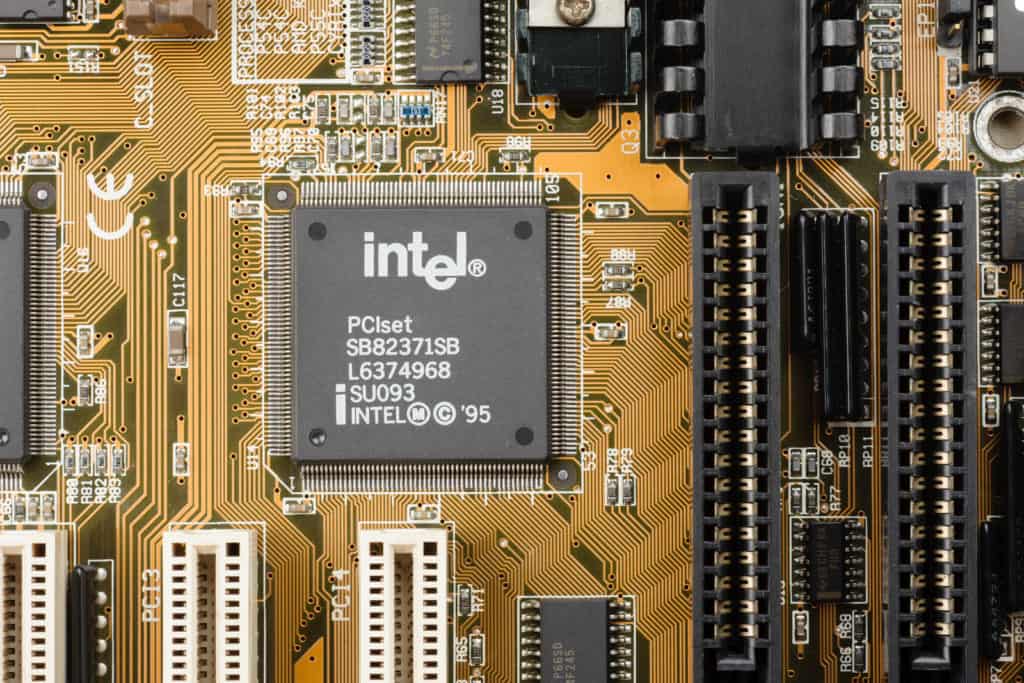Chipmaker Intel is facing at least three class-action lawsuits over major processor vulnerabilities.
Known as Spectre and Meltdown, the flaws exist in nearly every modern processor and give hackers the ability to steal sensitive information. While the vulnerabilities have been detected, no data breaches have been reported as of yet.
The Meltdown flaw primarily affects Intel processors that have been made since 1995. The Spectre flaw affects processors made by a wide range of manufacturers.
Three class-action lawsuits have been filed by plaintiffs in Oregon, California and Indiana. More lawsuits are expected in the near future. All of the lawsuits cite the processor’s security flaw and the company’s delay in disclosing the vulnerabilities to the public. Researchers first alerted Intel to the issue in June.
Intel in a statement said that it would be “inappropriate to comment” while the proceedings are ongoing.
In an earlier statement, Intel said, “Contrary to some reports, any performance impacts are workload-dependent, and, for the average computer user, should not be significant and will be mitigated over time.”
Legal experts warn that consumers must be able to prove that the flaws have caused damages to proceed with claims.
Cloud service providers, like Amazon, Microsoft and Google, will likely seek compensation from Intel for the hardware and software changes they will be forced to make.
Microsoft, Amazon and Google have all stated that they do not expect significant performance problems while addressing the issue.
The Financial Services Information Sharing and Analysis Center said banks are still trying to determine how much it will cost to respond to the security issue.
“In addition to the security considerations raised by this design flaw, performance degradation is expected, which could require more processing power for affected systems to compensate and maintain current baseline performance,” the group said in a statement.



